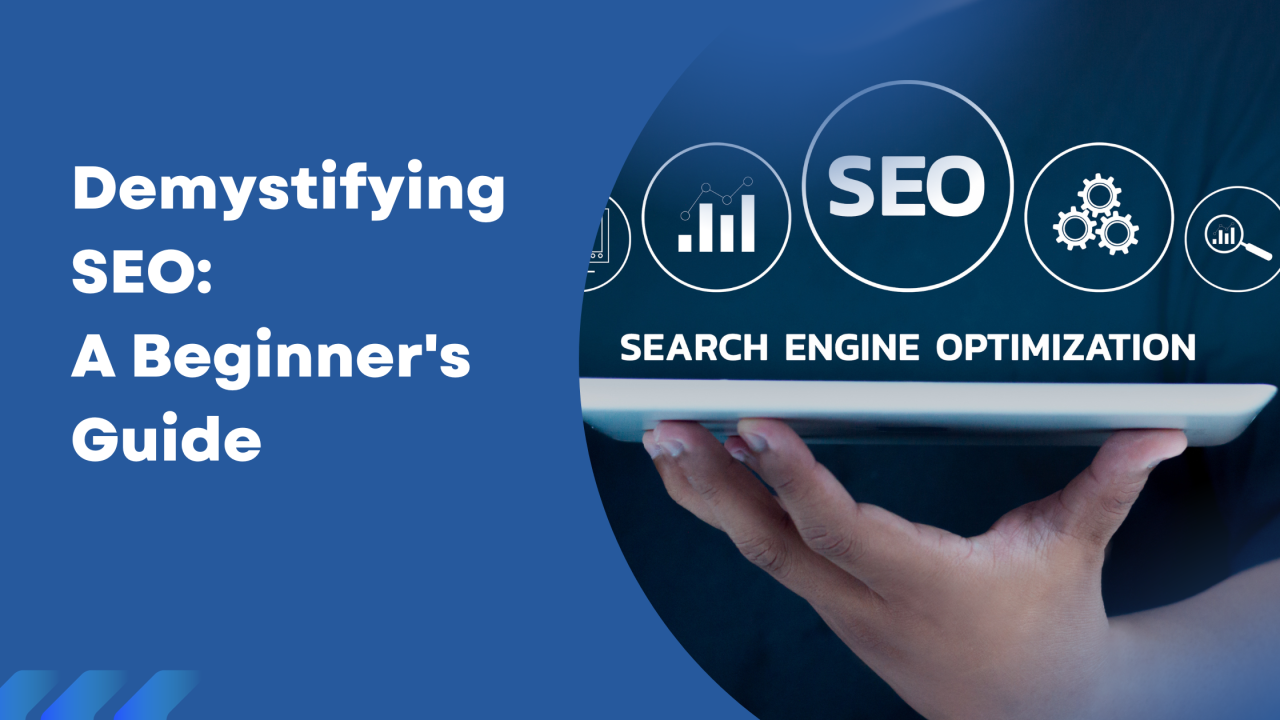Image Source: Google
In today's digital age, having a strong online presence is essential for the success of any business. Search Engine Optimization (SEO) is the process of improving your website's visibility on search engines like Google, making it easier for potential customers to find you.
By optimizing your website for search engines, you can increase your online visibility, drive more organic traffic to your site, and ultimately grow your business. If you are in search of the best practices for SEO optimization to help you improve your website's search engine ranking and attract more customers, you may browse this site.
Understanding SEO Optimization
What is SEO Optimization?
- SEO optimization is the process of making changes to your website to improve its visibility on search engines.
- The goal of SEO optimization is to increase organic traffic to your website and improve your search engine ranking.
Why is SEO Optimization Important for Your Business?
- Increase online visibility and reach a wider audience.
- Drive more organic traffic to your website.
- Build credibility and trust with your audience.
- Improve user experience and website performance.
Best Practices for SEO Optimization
Keyword Research
- Identify relevant keywords that your target audience is searching for.
- Use tools like Google Keyword Planner, SEMrush, or Ahrefs to find high-value keywords.
- Target long-tail keywords for more specific and targeted traffic.
On-Page SEO
- Optimize meta tags, titles, and descriptions with target keywords.
- Improve site speed and mobile-friendliness for better user experience.
- Create high-quality, engaging content that provides value to your audience.
Off-Page SEO
- Build high-quality backlinks from reputable websites in your industry.
- Engage with social media to increase brand awareness and drive traffic to your site.
- Monitor and respond to online reviews to build trust and credibility.
Measuring SEO Success
Key Performance Indicators (KPIs)
- Organic traffic: monitor the number of visitors coming to your site through organic search.
- Keyword ranking: track the position of your target keywords in search engine results.
- Conversion rate: measure the percentage of visitors who take a desired action on your site.
Tools for Tracking SEO Performance
- Google Analytics: monitor website traffic, user behavior, and conversions.
- Google Search Console: track your site's performance on Google search results.
- SEMrush: analyze your website's SEO performance and track keyword rankings.
Staying Up-to-Date with SEO Trends
Continuous Learning
- Stay informed about the latest SEO trends and algorithm updates.
- Follow industry experts and blogs to learn new strategies and best practices.
- Attend SEO webinars, conferences, and workshops to expand your knowledge.
Experimentation and Adaptation
- Test different SEO strategies and tactics to see what works best for your business.
- Monitor your SEO performance regularly and make adjustments as needed.
- Stay flexible and adaptable to changes in the SEO landscape.
